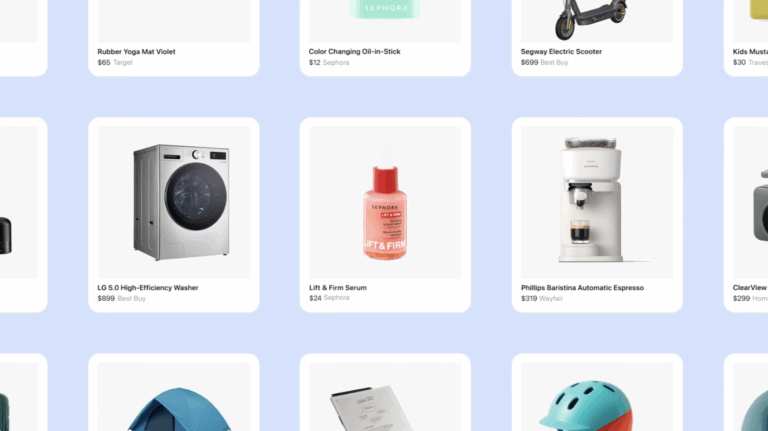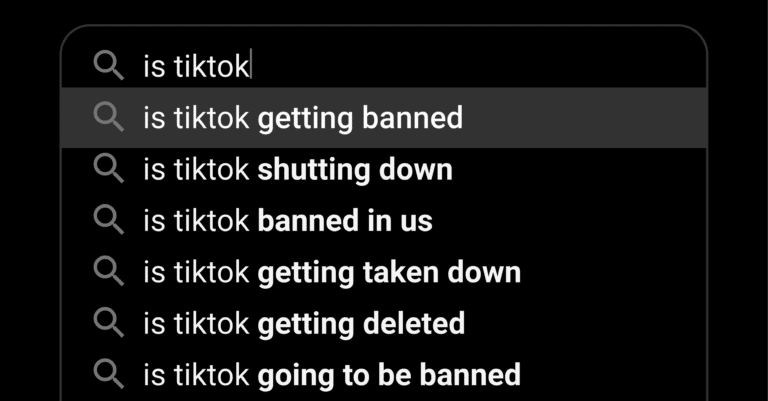

Whatnot: The Livestream Shopping App to Watch in 2026
Whatnot: The Livestream Shopping App to Watch in 2026
Dec 08, 2025




















Big goals need big ideas. Whether you need creative direction or a full-scale media strategy, we’re here to make it happen.
No fluff or filler — just the latest insights, platform updates, and strategies you need to stay competitive.